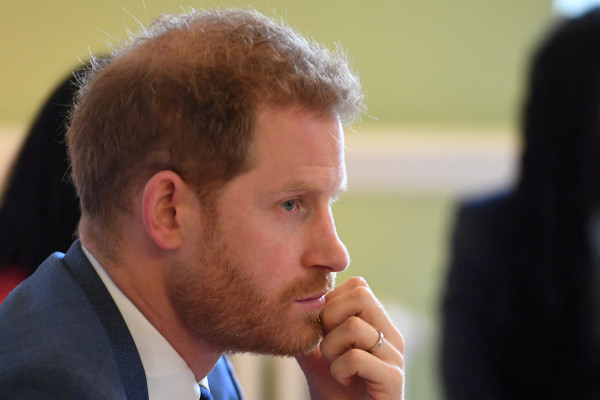Frogmore Cottage Eviction Date Becomes Prince Harry's Official U.S. Residency Start

Prince Harry has taken a decisive step in distancing himself from his life in the UK by officially declaring the United States as his place of residence, marking a significant rift with the British Royal Family, particularly with his father, King Charles III. This move is symbolized by his choice to set the date of his U.S. residency to the day he and his wife, Meghan Markle, were required to vacate Frogmore Cottage—June 29, 2023. This date is now formally recognized in his business records, according to filings published by Companies House.
The Duke of Sussex's decision to use the eviction date as the start of his formal residency in the U.S. underscores his ongoing frustration with the Royal Family, sparked by the couple's contentious exit from their roles as working royals and their subsequent treatment by the monarchy. Royal expert Tom Bower commented to MailOnline on the significance of this act, describing it as a clear indicator of Harry's irritation and a sign that he has no plans to return to live in the UK in the foreseeable future.
King Charles's decision to evict Harry from Frogmore Cottage, a residence gifted by the late Queen Elizabeth, has been a flashpoint in the ongoing saga between Harry and the royal establishment. The eviction was perceived by some as a necessary step to underline the Sussexes' new status outside the core Royal Family, but it has also been interpreted as a punitive measure that underscores deeper familial rifts.
This development coincides with Harry's legal battles concerning his security arrangements while in the UK. Recently, he lost a significant court case against the Home Office regarding his right to receive police protection during his visits to Britain, despite his willingness to fund it personally. This legal defeat not only adds to his grievances but also compounds his alienation from Britain, as articulated by his readiness to cover the hefty legal costs imposed by the court.
Furthermore, Harry's updated residency status raises questions about his continuing role as a Counsellor of State. Traditionally, this position requires a UK domicile, which Harry no longer possesses. This change could potentially preclude him from standing in for the monarch when needed, an aspect of royal duty that is already complicated by his and other non-working royals' statuses.
The Sussexes' departure from Frogmore and the subsequent declaration of U.S. residency were also influenced by personal safety concerns and the desire for a more private life, factors that have been repeatedly highlighted by the couple. Their move to the U.S. was initially seen as a bid for a more independent and controlled public life, free from the intense scrutiny and pressures of the British tabloids.
Prince Harry's upcoming visit to the UK to commemorate the 10th anniversary of the Invictus Games further illustrates the complexity of his relationship with Britain—a country he visits for significant events and causes dear to him, yet no longer considers home. This visit, which may see him attending without his family, underscores the physical and symbolic distance between him and the Royal Family.
As Prince Harry continues to redefine his life and identity away from the British monarchy, his actions and decisions remain a topic of intense public and media scrutiny. His choice to set his U.S. residency starting from the day of his eviction from Frogmore Cottage is not just a personal administrative update; it is a profound statement about his current and future relationship with the country of his birth and its royal institutions.














